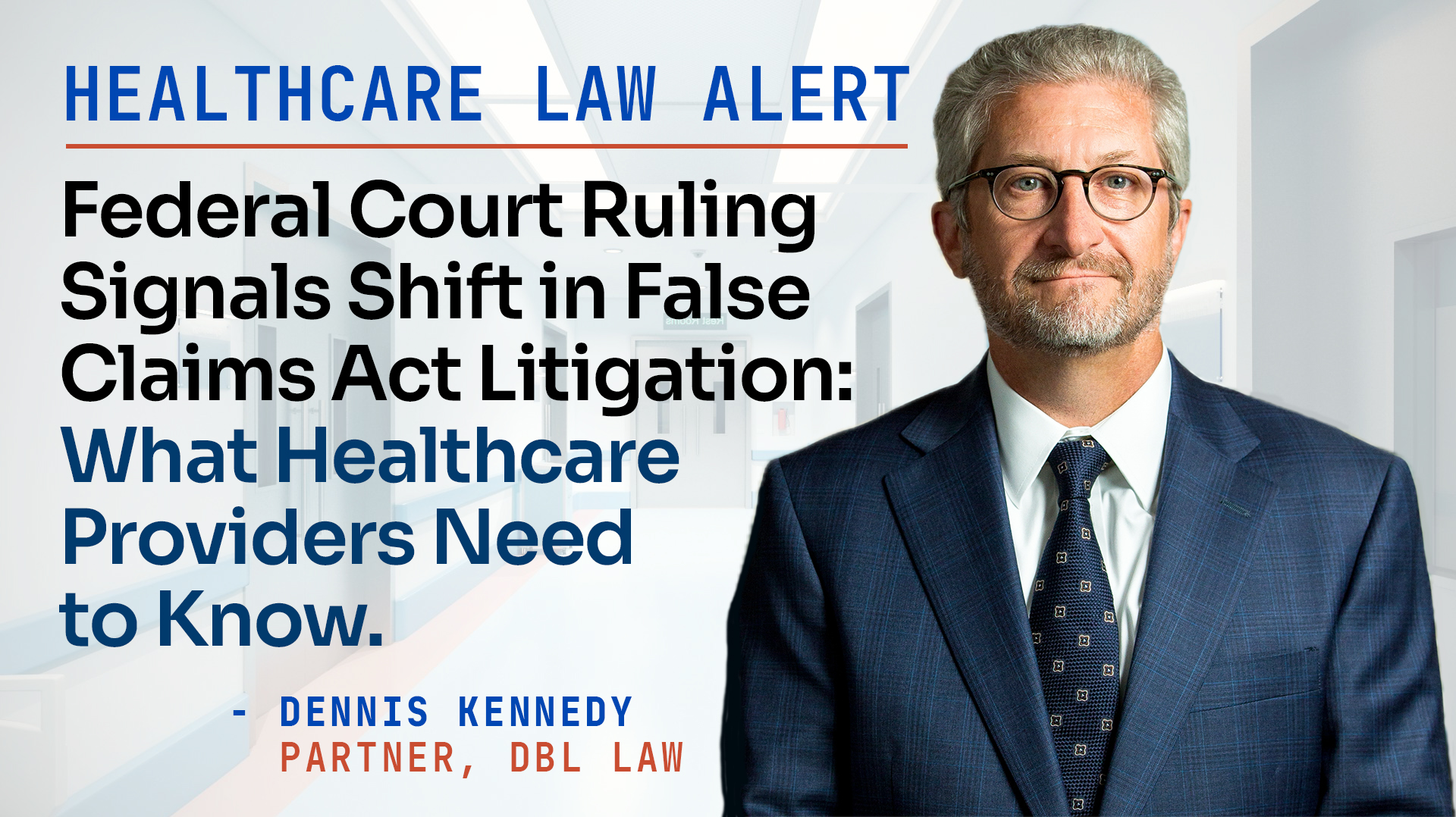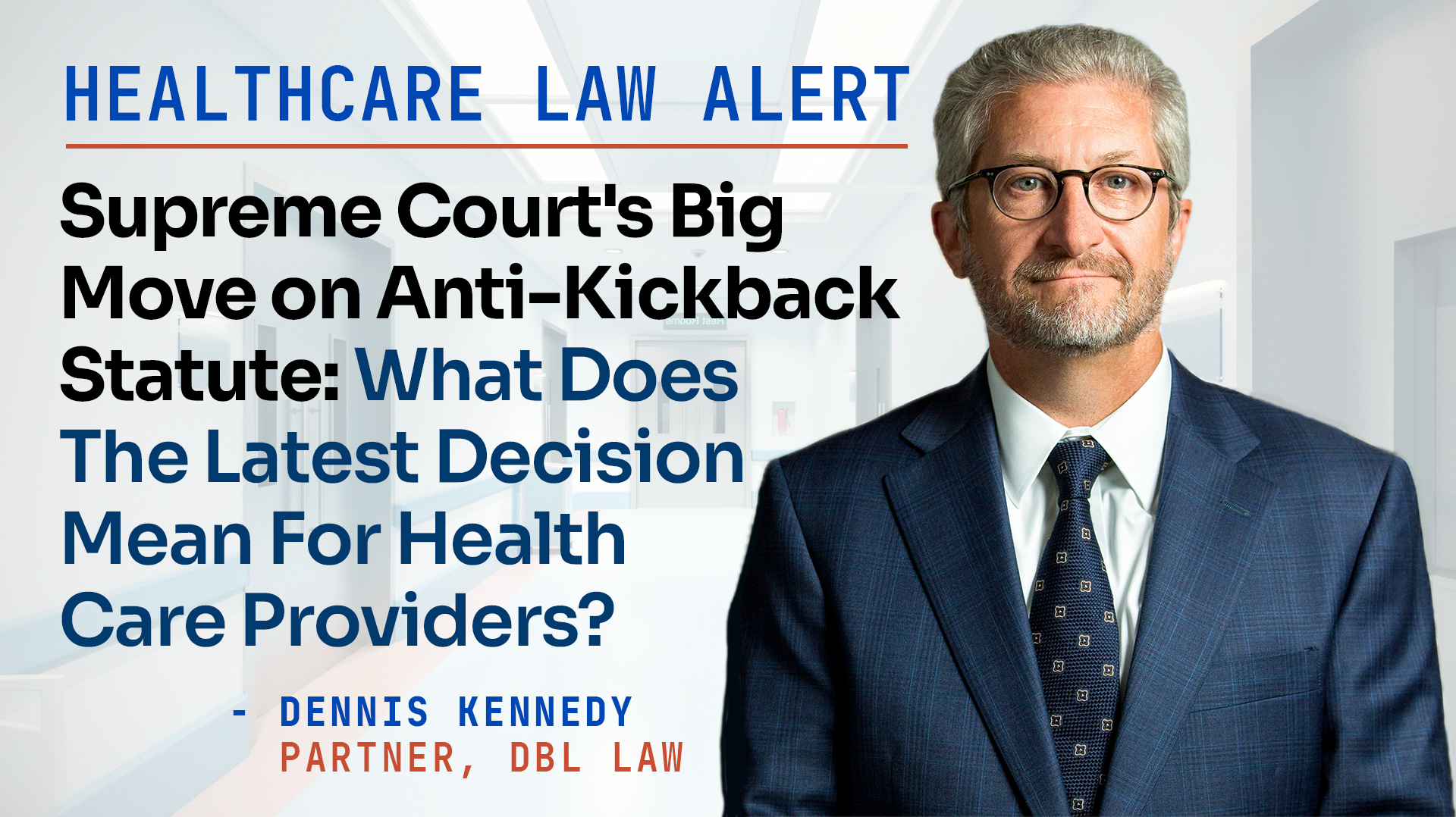In a recent landmark decision, a federal judge has declared certain provisions within the False Claims Act (FCA) unconstitutional, a ruling that could have significant implications for healthcare providers and whistleblowers alike. The court specifically addressed the FCA’s whistleblower, or qui tam, provisions, questioning their alignment with constitutional mandates around due process and individual rights.
The False Claims Act has long been a powerful tool for the federal government to combat fraud, particularly in healthcare. It enables private individuals—often employees of the companies in question—to file lawsuits on behalf of the government against organizations allegedly engaging in fraudulent activity. If successful, these whistleblowers, also known as “relators,” may receive a portion of the financial recovery. While the FCA has been a cornerstone of federal anti-fraud efforts, the recent judicial opinion places the qui tam framework under scrutiny, raising potential questions for its future application in healthcare and other industries.
The ruling stems from a lawsuit in which the defendant argued that the qui tam provisions violate the separation of powers by effectively deputizing private individuals to act as federal enforcers, without sufficient oversight. The court agreed, asserting that these provisions impose significant costs on defendants, often without appropriate checks and balances.
For healthcare providers, this ruling could mean a shift in the litigation landscape. The sector has faced numerous FCA-related suits due to the complexities surrounding billing, compliance, and regulatory standards. With the potential re-evaluation of qui tam provisions, providers might see changes in how allegations of fraud are pursued and litigated.
While it remains to be seen whether higher courts will uphold this ruling, healthcare organizations should stay informed about its implications. Proactively reviewing compliance programs and fostering a culture of transparency can help mitigate the risk of FCA claims, as the industry awaits further judicial clarification.
If you have questions or need guidance on how this ruling may impact your healthcare organization, please contact Dennis Kennedy, DBL Law Partner and Health Care Practice Group Co-Chair, for expert insights and tailored legal advice.



